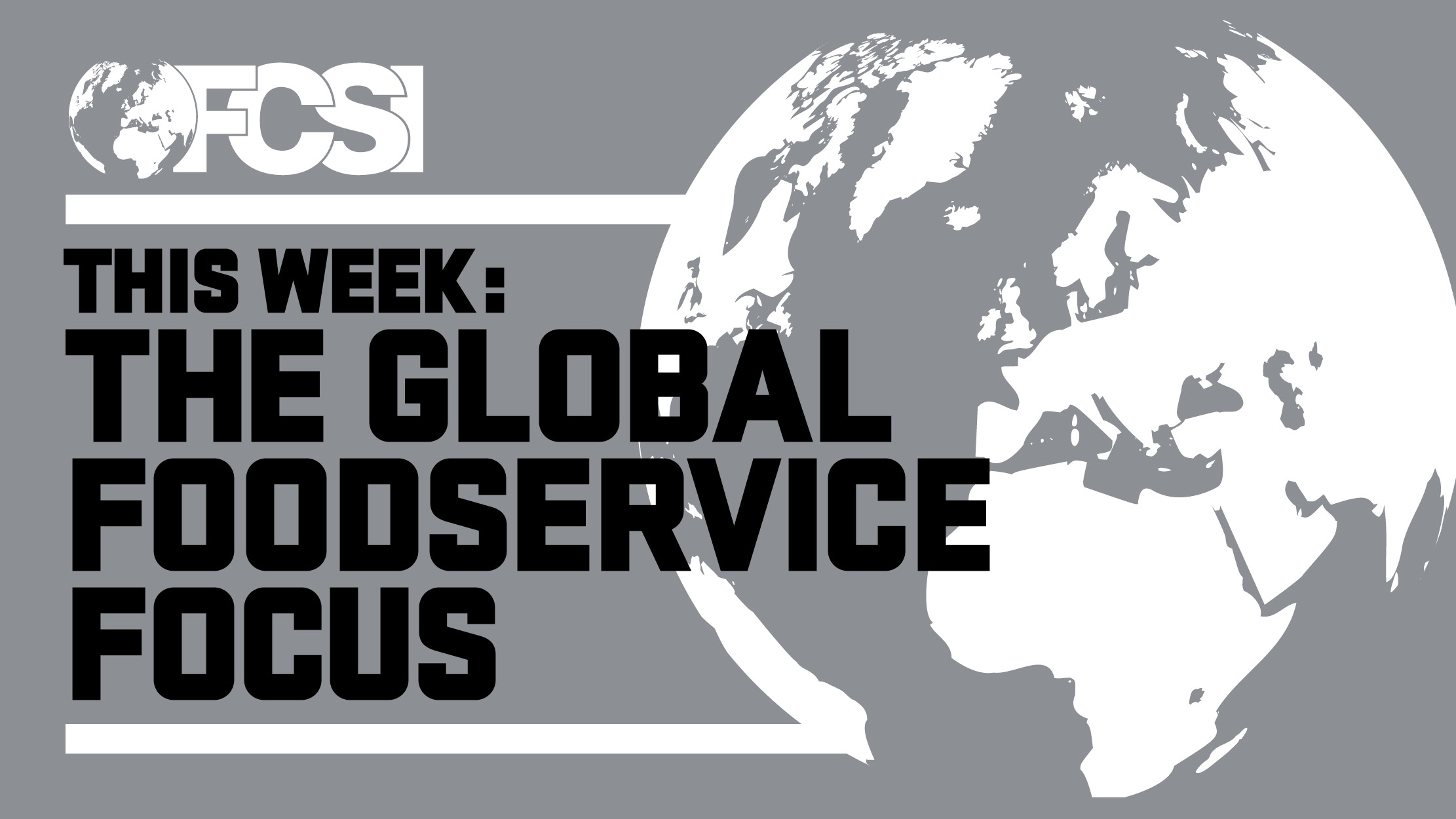
The Americas
Tyson Foods settles pork price-fixing case for $85m
Tyson Foods has agreed to pay $85m to settle claims that it conspired with competitors to inflate pork prices by limiting supply in the $20bn US market. The deal is the largest consumer settlement in more than seven years of antitrust litigation, higher than Smithfield Foods’ $75m payout in 2022. Restaurants, including McDonald’s and other major chains, were among those that sued over inflated prices, which plaintiffs say stemmed from a conspiracy that ran from 2009 to 2018. Tyson is the last publicly traded meat producer to settle, joining JBS, Hormel and others in a total of $208m in settlements.
DoorDash-Deliveroo takeover finalized
US food delivery giant DoorDash has finalized its $3.8bn takeover of Deliveroo, promising continuity and growth for customers round the world, everywhere from the UAE to Singapore to the UK. As part of the integration, Miki Kuusi, co-founder of Wolt and currently DoorDash’s Head of International, has been appointed CEO of Deliveroo. In an open letter, DoorDash Co-Founder and CEO, Tony Xu said that customers would benefit from “greater selection, higher quality, better affordability, and additional ways to connect with the local merchants you love”. For riders, he promised to protect flexibility while adding “better mapping and new support and protections to make delivering easier, safer, and more secure”.
Asia Pacific
Asahi restarts beer production after cyber attack
Japanese restaurants, bars and stores were running low on beer from industry leader Asahi Group at the weekend, after a cyberattack caused a system outage, affecting ordering processing, shipping and call center operations. By Monday, Asahi had partially restarted production at all six of its breweries in Japan, but they were still not fully operational. Asahi Group also owns Fullers in the UK and global brands including Peroni, Pilsner Urquell and Grolsch. But only Asahi’s operations in Japan ‒ which account for about half its sales ‒ were affected by the attack. On October 3, Asahi confirmed that the disruptions were the result of ransomware being deployed on its servers and that the hackers exfiltrated data from its servers. The company is investigating the nature and scope of the information that was stolen.
Singapore’s ImpacFat expands with new R&D centre in Tokyo
Singapore-based biotech company ImpacFat has opened its first overseas research and development centre in Tokyo as it works to bring cultivated fish fat to global food systems. Founded as a spin-off from A*STAR, the company claims to be the first in the world to produce omega-3-rich fat from fish stem cells, offering a sustainable alternative to conventional fish oil. The new Tokyo facility, based at Takanawa Gateway City, will help strengthen partnerships with Japanese investors and regulators, including Toyo Seikan Group, as ImpacFat moves to scale production for food and functional-ingredient markets.
Europe, Middle East and Africa
Wetherspoon sales soar, bolstering UK tax revenue
UK pub operator Wetherspoon has reported strong performance for the last year. The company, which now operates 794 pubs, posted revenues of £2.12bn for the 12 months ended 27 July 2025 – up 4.5 per cent on the same period a year ago – while like-for-like sales rose 5.1 per cent. It made an operating profit of £146.4 million – up 4.9 per cent. Its chairman Tim Martin has also highlighted the group’s key role in generating UK tax revenue. In the last financial year, he said, Wetherspoon generated approximately £1 in every £1,000 of all UK tax revenue. “In other words, the country only needs about one thousand companies like Wetherspoon and no one else would have to pay any taxes at all.”
EAT-Lancet report says global food systems transformation could save 15 million lives
According to a new report – described as the most comprehensive scientific assessment of global food systems to date – what we put on our plates has the power to save millions of lives, cut billions of tonnes of emissions, halt biodiversity loss and create a fairer global food system. Launched in Stockholm last week, the EAT-Lancet report is not only a wake-up call for food producers, manufacturers and retailers – it also provides a clear roadmap for change, highlighting the need for dietary shifts, fairer supply chains and more sustainable production practices. A global food systems transformation, the report says, could prevent 15 million premature deaths every year and halve emissions.
Elly Earls

